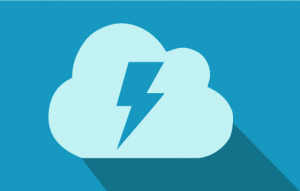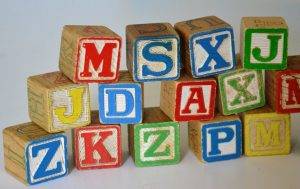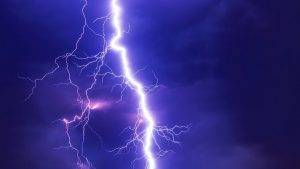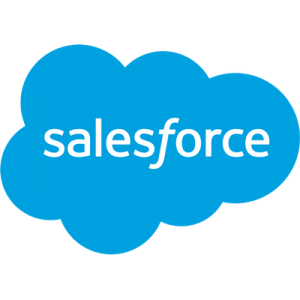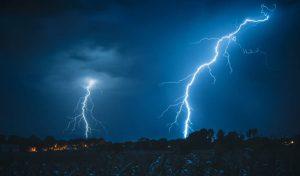During Salesforce Developer interviews, it’s common to be asked quite a few different questions so a company can guage your knowledge and at what level you are.
There isn’t a lot of value in memorizing questions and answers, but there’s value in understanding what you might be asked during an interview. It makes sense to go into the interview prepared to be able to answer these questions with a thorough understanding.
Over the next few weeks we’ll explore each of these questions in more detail.
- What is Salesforce Lightning Web Components (LWC)?
- What are the benefits of using LWC?
- How does LWC differ from Lightning Components (“Aura Components”)?
- How does LWC differ from Visualforce?
- When would you prefer to use Visualforce over LWC?
- When does it make sense to use Lightning Components (“Aura”) over Lightning Web Components?
- Can LWC components be used in Aura Components and vice versa?
- How do you use LWC in your development process?
- Can you explain the difference between a base component and a composite component?
- How do you use Lightning Data Service (LDS) in your LWC development?
- Can you explain the difference between @track and @api decorators?
- How do you use @wire in your LWC development?
- Can you explain the difference between imperative and declarative methods in LWC?
- How do you communicate between LWC components?
- How do you communicate between an LWC component and an Aura component?
- How do you use events in LWC?
- Can you explain the difference between a custom event and a standard event in LWC?
- How do you debug an LWC component?
- How do you unit test an LWC component?
- How do you handle data binding in LWC?
- How do you handle data validation in LWC?
- How do you include a Lightning Web Component in a Visualforce page?
- What is the shadow DOM and how does it relate to LWC?
- What is a decorator in LWC and how is it used?
- How do you handle dependent picklists in an LWC?
The answers to many of these Salesforce Lightning Web Components can be found in many of my blog articles about Salesforce Lightning.
